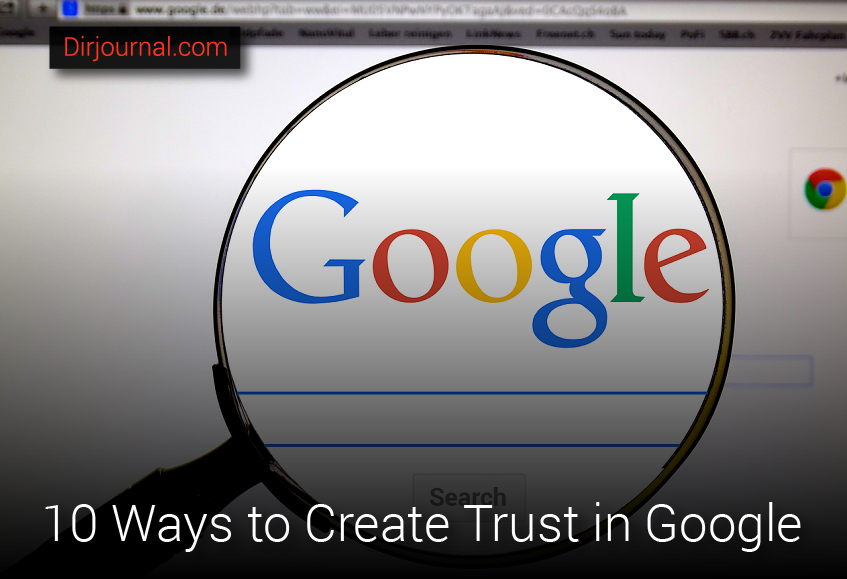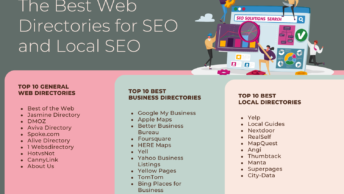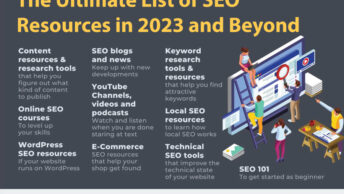Trust is the buzz word in SEO for 2015. Google doesn’t rank a site on one factor alone any more, there’s a myriad of different things it looks at before it ranks a site well. In short, you can’t just bulldoze a site to the top with some strong links any longer.
Even though links do tend to play a part, there are so many more factors in the puzzle. So, we thought we’d compile a list of some of the different ones that build trust and help a site rank.
Domain age
Brand new sites won’t tend to rank nearly as well as those with a little age. A lot of SEOs have bought into the idea that Google sandboxes newer sites, particularly in competitive industries where good rankings can lead to earnings, which leads to people spamming.
This sandbox prevents the churn and burn philosophy many spammers utilised to earn money but stops legit new sites from ranking too. It makes a lot of sense in a way. If a site provides quality it’s going to last and age and thus can be trusted. A new site however, might not be aiming to do this for the longer term – hence the sandbox.
Domain Registration length
Another factor thought to impact on trust is the length of time an individual registers a domain for. If a domain is registered for the very minimum – one year, it doesn’t send Google signals that the site is going to be live for the long term. Alternatively, if someone puts their hand deep in their pocket and pays for 10 years hosting, that creates a different signal. A person willing to pay for a longer term registration is looking towards the longer term and historically these sites tend to offer better value in Google. This means it provides a signal of trust.
Privacy policy
A spammy, churn and burn site won’t have a privacy policy. A long term, real business will. In addition, it will also have a page for terms and conditions. To create trust make sure that your site has both and that they are accessible from the front page of the site, so the Google bot can easily crawl them. Here is a good privacy policy creator
Quality Content
Quality content that offers information and value matters and is a large trust signal. If your website is doing the bare minimum in terms of content and narrowly scraping past a thin content penalty or stuffed to the fills with keywords, that won’t create trust. To get more credos from Google create quality on-site content, a decent blog and ensure your site looks loved.
Bounce Rate
If content is poor, then people will click on and then click out back to the SERPs. This in turn will increase the bounce rate and is a signal to Google that the quality of the content on site isn’t great. A high bounce rate is a negative signal and one that’s going to become more important in 2015 and beyond – something we strongly believe at Abacus Marketing.
Social Media
There’s a growing belief that social shares have a positive impact on SERP position and it makes sense. What better way to gauge the quality of content than through the amount of Interaction it gets. Social signals show that content is interesting and helpful, as people deem it worth sharing. Google hasn’t admitted it as a ranking factor, but it’s likely it is and if not it will be.
Links
Links from trusted industry sites hold a lot of weight in terms of trust. Google knows the big sites, Huff Post, Forbes etc. A link on these has a lot of weight in terms of trust. Additionally, links on big publications in your industry do the same. Yes, it can take some work, but getting a link on such a site is a coup. Sign up to HARO or try MyBlogU and you increase your chances of attaining a quality backlink on high end publications and the trust that goes with them.
Google News
Google has a quite rigorous criteria for sites that get into Google News. Newspapers are a record of the day and so they need to be trusted sources. Google manually vets all sites it adds to Google News. In turn, a link from a site that’s in Google News has some trust and can help your site.
Wikipedia
Yes, it’s no follow, but it’s still a notable link and one that’s very important. Getting a link on Wikipedia takes effort as its heavily moderated. However, in the eyes of a search engine it means you have a valuable resource on offer and thus creates a lot of trust. Matthew Woodward wrote a great piece on how to get links from Wikipedia.
Comments
Comments show Google that you have a diversified link profile and that you’re happy to put the effort in for ‘worthless’ no follow links. Additionally, well thought out quality comments help drive referral traffic too and show you are an active member of the WebSphere.
These ten tips are just some of many more that build trust, however they are among the most important. Let us know what you think is important in the comment section below.
This is a guest post by Cormac Reynolds from Abacus Marketing.






